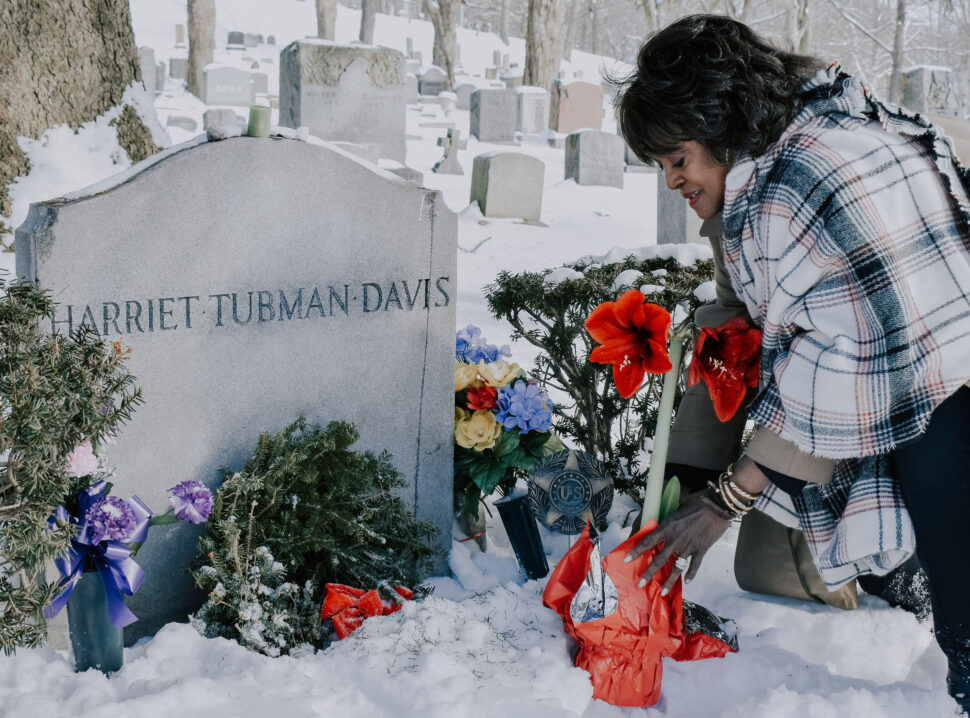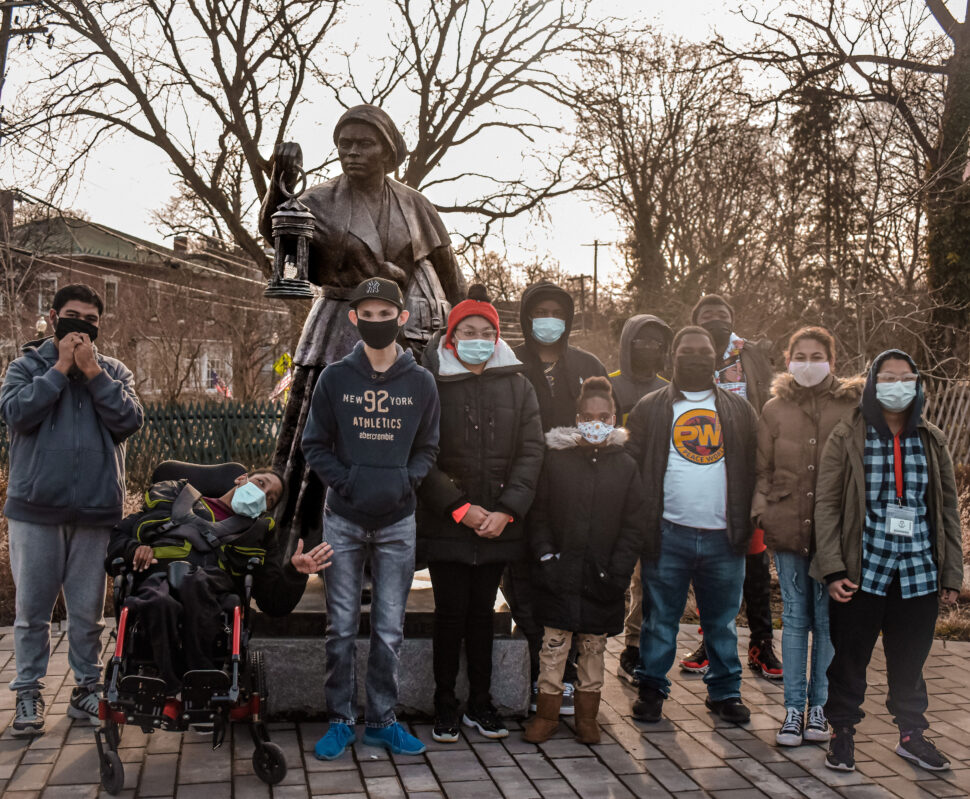Abolitionist Harriet Tubman was a force to be reckoned with. From going toe-to-toe with slave masters to navigating the Underground Railroad, Tubman’s historic journeys still are impactful. However, most know very little about her personal life after she rescued 70 slaves from the South. Now, travelers can gain more insight into the life of Tubman by taking a trip to Auburn, New York.
Located on the northern side of the state, Auburn, New York is the final resting place of Tubman. She spent the last 54 years of her life there, and her influence can be seen around the city. Many of the landmarks associated with Tubman are located in Harriet Tubman National Historical Park in Auburn. For a hefty dose of history and culture, Auburn, New York, is a destination every Black traveler should check out to learn about Tubman and her everlasting legacy.
Visit the Home and Final Resting Place

After making 13 trips to the south to free Black slaves, Tubman settled in Auburn. She purchased 7-acres of land from a white man and built her home there. The original house accidentally was burned down in 1880. However, Tubman rebuilt it and purchased additional land to build her Home for Aged and Indigent Negroes.
Today, travelers can visit Tubman’s home to feel the powerful energy of activism and abolition that still lingers there. Guests can experience guided tours throughout the property, and walk the same path Tubman and freed slaves walked once they reached the North. Travelers also can visit the final resting place of Tubman at Fort Hill Cemetery and pay their respects to the great American leader.
Feel the Spirit at AME Zion Church

Tubman attended AME Zion Church for 22 years before she died. She pledged $500 to have the church built and travelers can visit to see the exterior of the church. The church is located in the center of what formerly was a Black community in Auburn. The church is currently being remodeled to its original design from the early 1900’s. The renovations have been underway since 2017. Once reopened, travelers will be able to experience the church, as it was during Tubman’s 1913 funeral service. A quaint, colonial style church house, AME Zion Church is a blast from the past for anyone who visits.
Experience Historical Black Art

There’s a plethora of art to see throughout Auburn that celebrates Black history and Tubman. Outside of the Equal Rights Heritage Center, travelers will find a 7.5 feet tall, bronze statue honoring the abolitionist. There’s more art inside at an exhibit detailing the history of equal rights in the state of New York. On the backside of the Genesee Center, travelers will find a community mural with a portrait of Tubman. Artist Arthur Hutchinson installed another beautiful, massive mural of Tubman 2022 after raising $40,000 to complete the 26 feet tall painting.
Take a Self-Guided Tour Through Underground Railroad Stops

Travelers can download a free app and take a self-guided tour of Underground Railroad stops in Auburn and Cayuga County. The app provides an audio companion to guide travelers through these historic landmarks. Auburn historically was a safe haven for abolitionists and free slaves. The tour takes you to places, like Tubman’s home, the Elliott-Stewart House, the Howland Stone Store Museum, and the site of the Glen Haven Water Cure, where an abolitionist attempted to free 77 slaves. The entire tour includes over 50 sites with significant importance to navigation in the Underground Railroad.





